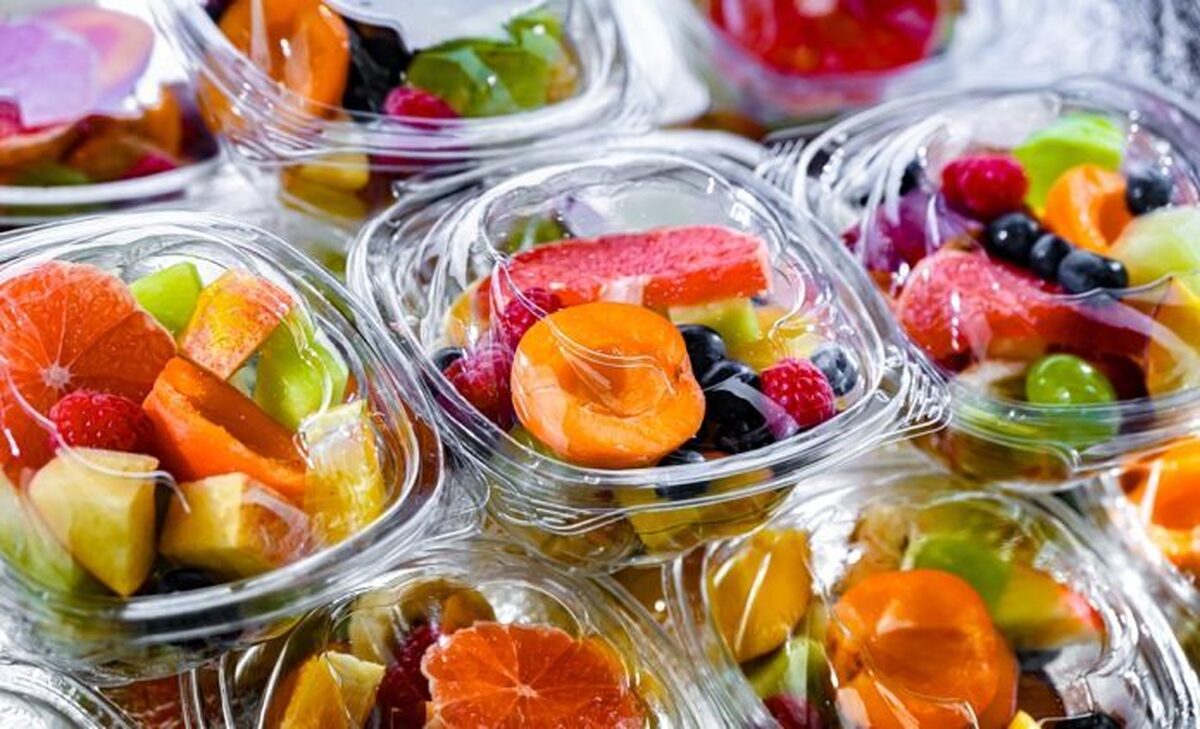New Project to Implement Circular System for Reusable Plastic Packaging

The project will create reusable plastic packaging through a combination of social, technological, and economic innovations, the Innovation News Network reported.
Coordinated by the Industrial Technical Centre for Plastics and Composites (IPC), the Buddie Pack project brings together 19 partners from six different countries and will take place over a period of three and a half years.
The project is anticipated to cut down the production of single-use plastic packaging, reduce water and energy consumption, and avoid the release of microplastics into the ocean.
Single-use plastics are a major environmental issue that can have a negative impact on the health of people and the planet, including:
Disposable plastics can end up in the ocean, rivers, and lakes, contributing to ocean pollution. Plastic waste can persist in the environment for centuries, breaking down into smaller pieces called microplastics.
Microplastics can enter the soil and water and can be consumed by animals, which can lead to liver, reproductive, and gastrointestinal damage.
The production of new plastic is made from fossil fuels or fracked natural gas, which contributes to climate change.
Thousands of seabirds, sea turtles, seals, and other marine mammals are killed each year by ingesting single-use plastic or getting entangled in it.
The harmful chemicals used in the production of single-use plastics can leach into the soil and water.
Therefore, the Buddie Pack project represents a viable solution to these issues through its creation of reusable plastic packaging.
Buddie Pack will promote consumer acceptance of reusable plastic packaging by analysing drivers and consumers’ psychology of reuse.
It will also focus on cleaning solutions to guarantee consumer safety against the possible contamination and ageing of all reusable business cases during their repeated use, as well as the durability of their functional properties and recyclability.
Mechanical recycling will be employed for the project as it is ‘the most widely adopted method’ for plastic recycling, which is said to have relatively low energy requirements, minimal infrastructure needs, and high scalable.
A closed-loop mechanical recycling approach will be prioritised in five out of six business cases.
The four reusable plastic packaging business cases are a semi-rigid skin pack for meat distribution (Dawn Meats); semi-rigid catering trays at schools and nursing homes for one portion and eight portions (Ausolan); pre-packed food in supermarkets (Uzaje) and catering trays for takeaway food consumption (Vytal).
However, one business case for Asevi and Smurfit Kappa will employ open-loop recycling for detergent packaging.
AIMPLAS says this approach is viable because, in this case, the detergent packaging can be effectively recycled using materials from various plastic sources without significant issues.
Various polymers will be mechanically recycled to create reusable plastic packaging, including polypropylene (PP), polyethene (PE), polybutylene terephthalate (PBT), polyethene terephthalate glycol-modified (PETG), and crystalline polyethene terephthalate (CPET).
This follows on from the work of other initiatives, such as Kemira and PA Consulting, who teamed up in March 2024 to develop a polysaccharide-based renewable barrier coating material for flexible food packaging applications.
This technology is based on IFF’s Designed Enzymatic Biomaterial (DEB) production platform, a biotechnology process that enables the production of new renewable polymers with enzymatic polymerisation.
Later in the year, Colpac rolled out a multi-purpose food packaging solution that can be used as single dine-in trays or locked together into a box to-go.
The dual purpose aims to benefit food service providers with limited storage back-of-house, saving space by nesting in transport and storage and reducing the required SKUs.
4155/v





















